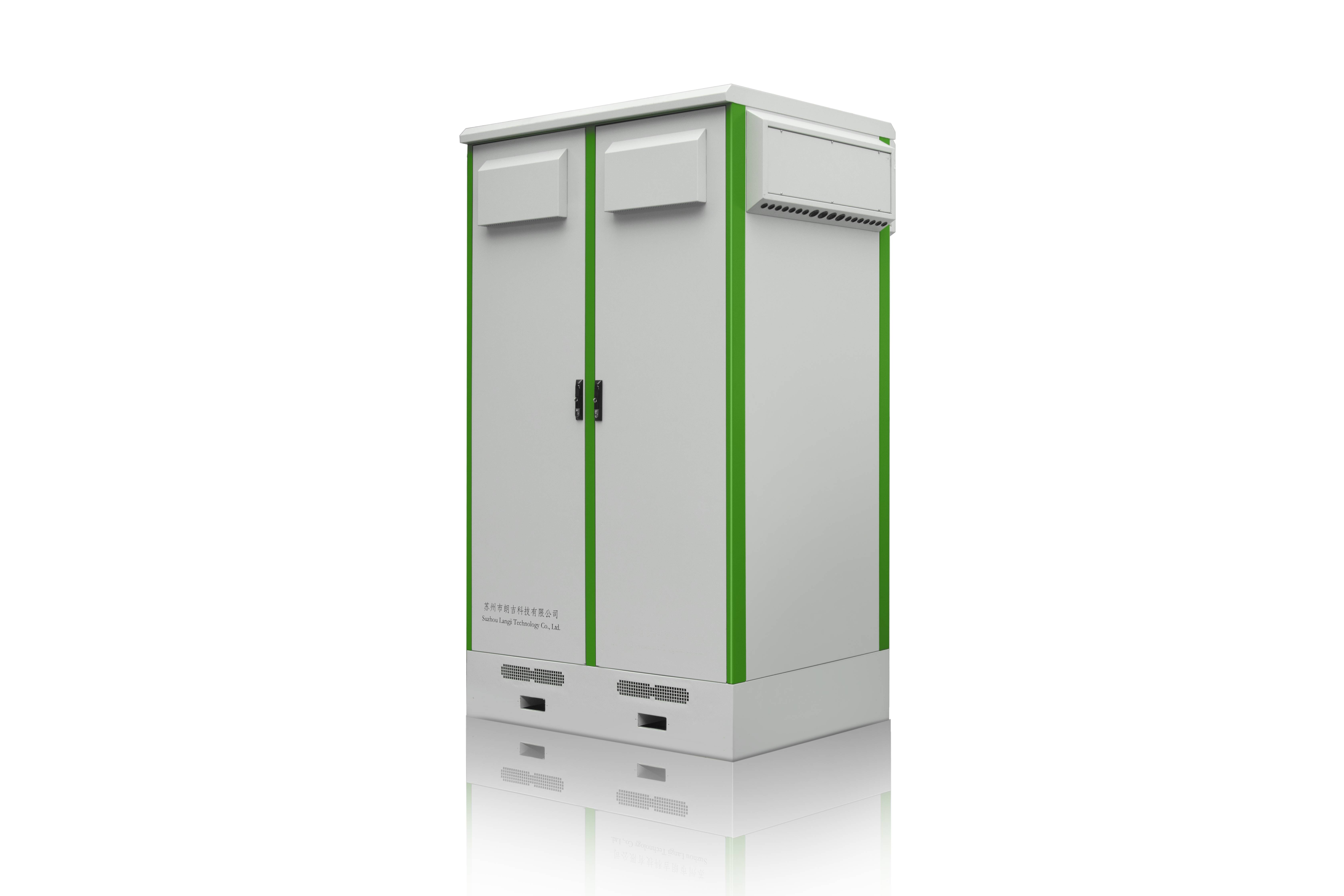
Nov . 06, 2024 04:05 Back to list
Trends and Insights in the Wholesale Lithium Market for 2023 and Beyond
The Wholesale Lithium Market Trends, Challenges, and Future Outlook
Lithium has become an essential component in the production of batteries, particularly for electric vehicles (EVs) and renewable energy storage systems. As the world shifts toward sustainable energy solutions, the demand for lithium has surged. This surge has given rise to a dynamic wholesale lithium market characterized by rapid growth, increased competition, and a set of distinct challenges. In this article, we will explore the current trends in the wholesale lithium market, the challenges it faces, and the future outlook for this critical industry.
Current Trends in the Wholesale Lithium Market
1. Growing Demand for Electric Vehicles The automotive industry's transformation towards electric mobility is one of the primary drivers of lithium demand. Major automotive manufacturers have committed to transitioning to electric vehicles, with many announcing goals to drastically reduce their carbon footprints. This shift translates into a growing demand for lithium-ion batteries, where lithium is a core component. As EV sales continue to rise, predictions indicate that lithium demand could outpace supply in the coming years.
2. Investment in Mining and Production In response to rising demand, investments in lithium mining and production have escalated. Countries rich in lithium resources, particularly Australia, Chile, and Argentina, are experiencing a boom in exploration and extraction activities. Additionally, new projects are being developed worldwide to bolster production capacity, with companies seeking to secure their supply chains. This influx of investment is transforming the landscape of the lithium market, making it more competitive.
3. Recycling and Sustainable Practices With the increasing recognition of environmental concerns, lithium recycling has gained traction. Companies are exploring methods to recycle lithium-ion batteries to recover lithium and other valuable metals. This circular economy approach not only addresses sustainability issues but also helps mitigate some of the supply chain risks associated with lithium sourcing. As technologies improve, recycled lithium may play an increasingly significant role in meeting future demand.
4. Geopolitical Factors The geopolitical landscape has a considerable impact on the wholesale lithium market. Major lithium-producing countries often hold significant power in determining market dynamics due to their resource monopolies. Trade relationships and regulations in these countries can affect prices and availability. As nations seek to secure their supply chains, there is an increased focus on developing domestic sources of lithium, which may reshape global trade patterns.
Challenges in the Wholesale Lithium Market
wholesale lithium

Despite the positive trends, the wholesale lithium market faces notable challenges
1. Supply Chain Disruptions The lithium supply chain is complex and often susceptible to disruptions, whether from environmental regulations, labor issues, or geopolitical tensions. Any interruption can lead to fluctuations in prices and availability, impacting manufacturers and consumers.
2. Environmental Concerns The extraction of lithium can have significant environmental impacts, such as water consumption and land degradation. As companies ramp up production, they face growing scrutiny from governments and environmental advocacy groups. Striking a balance between resource extraction and environmental sustainability is crucial for the industry's long-term viability.
3. Fluctuating Prices Lithium prices have been volatile, influenced by supply-demand imbalances and speculation in the commodities market. Such volatility can hinder investment in new projects, as stakeholders seek stability to justify their financial commitments.
Future Outlook
The future of the wholesale lithium market looks promising but comes with challenges that need to be addressed. As demand for EVs and renewable energy storage continues to grow, the need for lithium will remain high. Companies that invest in sustainable practices and embrace innovative recycling technologies are likely to gain a competitive edge.
Moreover, countries that strategically develop their domestic lithium resources while fostering international collaboration will position themselves favorably in the market. The focus on sustainability and responsible sourcing will shape the industry's evolution in the coming years.
In conclusion, the wholesale lithium market is poised for significant growth driven by the global transition to electric vehicles and renewable energy. However, stakeholders must navigate the challenges of supply chain disruptions, environmental concerns, and price volatility. By addressing these challenges and embracing innovation, the lithium industry can ensure a sustainable and prosperous future.
-
High-Efficiency Microinverter Solutions Top Microinverter Suppliers & Exporters
NewsJul.08,2025
-
Top Energy Storage Companies Leading Utility Scale & Long Duration Solutions
NewsJul.08,2025
-
Charge Point Charger - Reliable Charging Solutions for EVs Leading Charge Point Charger Company & Exporters
NewsJul.07,2025
-
Types of Battery Energy Storage Systems - Leading Products & Exporters Company
NewsJul.07,2025
-
AC or DC Power Supply in Home Trusted Google Home Power Supply Voltage Manufacturers
NewsJul.07,2025
-
High-Performance Portable Power Station 220V – Reliable Energy Solutions for Outdoors & Emergencies
NewsJul.06,2025























